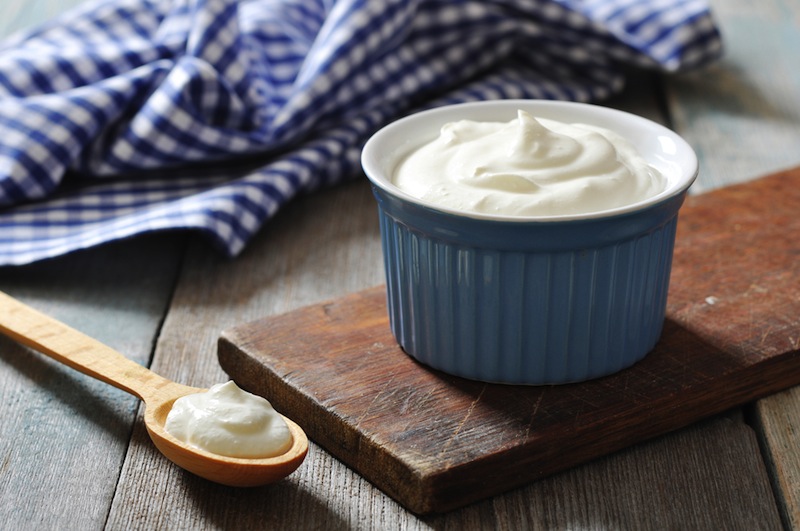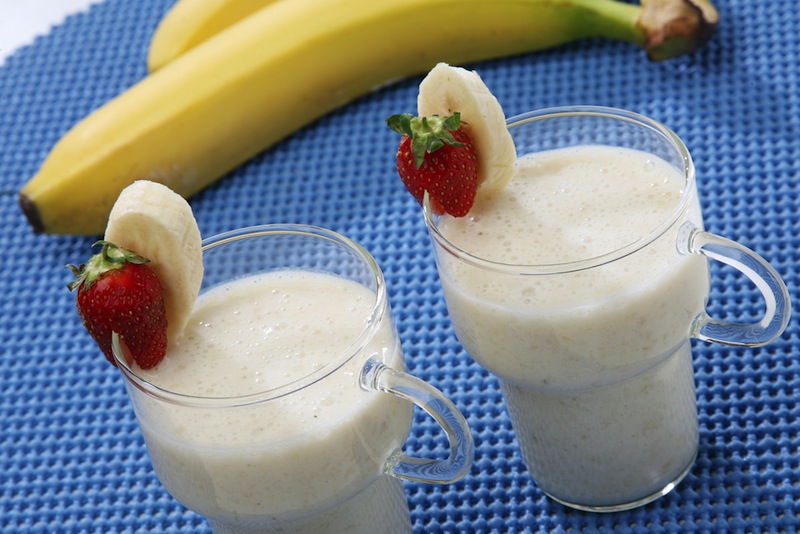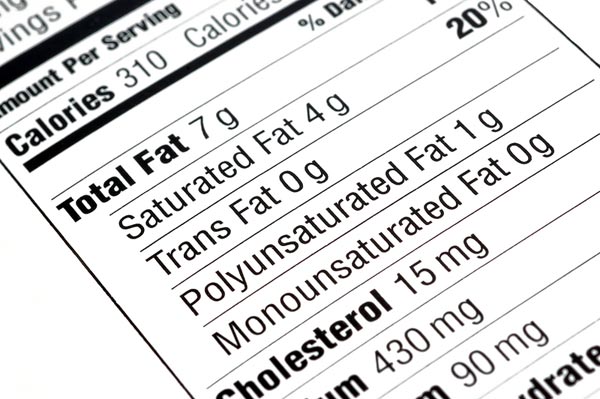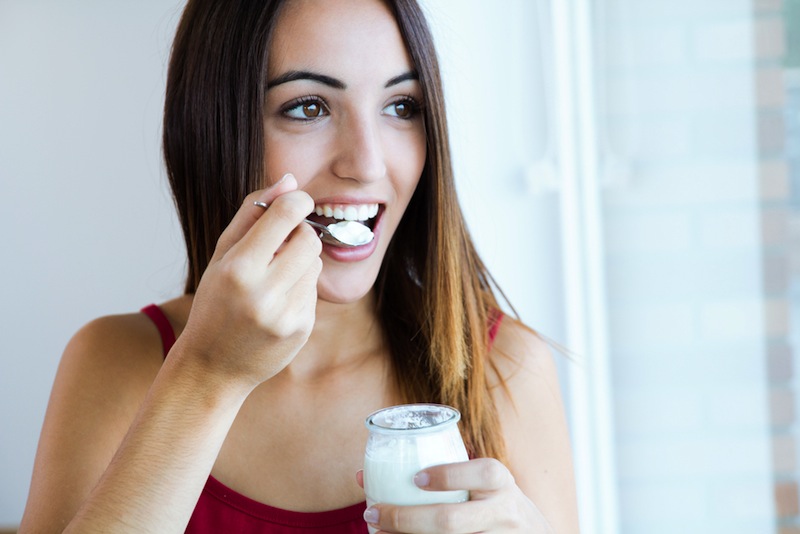Don't Be Fooled: 5 Probiotics Myths
True or false

Probiotics can be a confusing concept for consumers to grasp, and with an ever-growing array of foods and supplements now containing good bacteria, decisions about whether to use or buy these products may not be getting any easier.
People have misconceptions about the use of probiotics, their benefits, and their role in promoting health and treating diseases, said Dr. Patricia Hibberd, a professor of pediatrics and chief of global health at MassGeneral Hospital for Children in Boston, who has studied probiotics in young children and older adults.
Part of the problem with probiotics is the way they are advertised, she said. None of the supplements or foods that contain these bacteria are approved to prevent or treat specific illnesses, but manufacturers are allowed to make general health claims. For example, food makers can say that their product "improves digestive health," a vague phrase that's not clearly defined.
There are also many unanswered questions about probiotics, and although the science looking into these products is promising, the research is still emerging. Some questions include exactly how much of a probiotic product people need to consume to see beneficial health effects, how exactly probiotics work in the body, and which microbes and dosages work best for specific medical conditions. [8 Tips to Be a Probiotic Pro]
"People don't understand the subtleties related to the different organisms," Hibberd said. It's even confusing for physicians to wade through all the probiotic options available to their patients when they're asked for advice, she added.
To help separate fact from fiction, here are five myths about probiotics in foods or supplements.
Myth: All probiotic supplements are basically the same

"This is absolutely wrong," Hibberd said. Theoretically, every single probiotic supplement available on the market could be different, she said. Some probiotics have a single strain of organisms, while others contain multiple strains. Different strains of the same species may even be different, and could have different effects on health.
Get the world’s most fascinating discoveries delivered straight to your inbox.
Microbe concentrations can also vary widely among products. Because these diverse organisms can have different effects on the body, it's difficult for scientists to tease out their exact health benefits, and the ways they may work.
And with hundreds of probiotic species, researchers haven't yet studied all of them. "We need to know the important features of some probiotic organisms that can help prevent or treat specific medical conditions," Hibberd told Live Science.
Myth: Probiotics can replace medications

Although some people may prefer natural treatments, probiotics have typically been studied in conjunction with medications — not as a substitute for them.
"I would never advocate stopping a medication and switching to a probiotic," Hibberd said. Instead, people should use probiotics as additions to their existing treatment programs, or preventively so they might avoid the need for a medication down the road, she explained.
Myth: Food and supplement labels provide accurate microbe counts

Not always. Food labels typically don't tell consumers how many bacteria are in the food, and instead may simply state that the food has "live bacteria" or "live cultures." Ingredient lists may provide more information about the organisms found in the food, such as their genus and species names.
And there are definitely probiotic products that don't have fair or accurate microbe counts, Hibberd said. Generally, high-quality supplements from reputable manufacturers will indicate a reliable microbe count, while also listing the organisms' genus, species and strain, Hibberd said.
But some supplements may provide a live microbe count "at the time of manufacture," which does not guarantee this same amount will be available when you buy the product or take it.
And some products might not even contain the live organisms, or the levels of such organisms, claimed on their labels. A study done in 2013 by ConsumerLab.com, an independent testing service, found that five of 19 probiotics supplements tested contained fewer microbes than advertised, delivering 16 to 56 percent of the listed number of organisms.
Myth: Most yogurts are generally a good source of probiotics

"Just because it's yogurt, doesn't mean there are probiotics in it," Hibberd said.
Some yogurts that include the words "live and active cultures" on their ingredients list offer billions of good bacteria in a serving. But not all of them do.
All yogurts with live bacteria contain Lactobacillus bulgaricus and Streptococcus thermophilus, but some manufacturers add other probiotic bacteria after pasteurization, such as L. acidophilus, L. bulgaricus, L. rhamnosus and L. casei.
Myth: Taking probiotics might help prevent colds

People often look for products to help support their immune systems so they are less likely to get sick, Hibberd said. Although there's some preliminary data that probiotics might help ward off colds, no high-quality trials support this claim, she explained.
"The evidence isn't really there yet," Hibberd said. Researchers are still trying to figure out exactly how probiotics might work to support the immune system, and more broadly, which conditions probiotics are most effective for, she said.
Follow Live Science @livescience, Facebook & Google+.
Cari Nierenberg has been writing about health and wellness topics for online news outlets and print publications for more than two decades. Her work has been published by Live Science, The Washington Post, WebMD, Scientific American, among others. She has a Bachelor of Science degree in nutrition from Cornell University and a Master of Science degree in Nutrition and Communication from Boston University.



